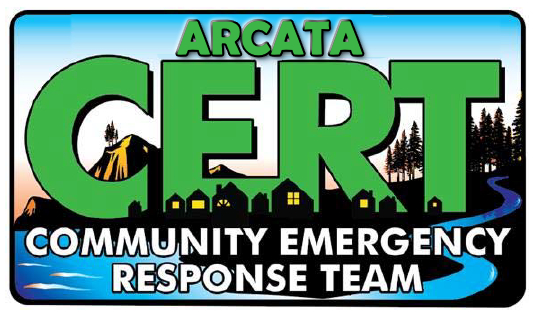>>>Hot News<<<
Are You in the Tsunami Zone?
This latest earthquake and tsunami warning had many Humboldt residents scrambling to get out the tsunami zone, whether they were in it or not. That led to clogged roads and a lot of unnecessary panic.
Fortunately there is a quick way to check if you are in a tsunami hazard zone. The Redwood Coast Tsunami Work Group at Cal Poly Humboldt has done a huge public service by providing a link to the State’s interactive map of the tsunami zone. Using this web-based program, you can find out whether you live or work in the tsunami zone.
Even better, they’ve compiled just those maps that cover Humboldt, Mendocino and Del Norte counties. You’ll also find a link to an interactive PDF you can download that contains all of Humboldt’s city maps showing the tsunami zone.
Check out their site to view these maps and get more information, so that when the next tsunami warning comes, you’ll be prepared: Tsunami hazard maps. And while you’re at it, please spread the word to your family, friends, and neighbors!

